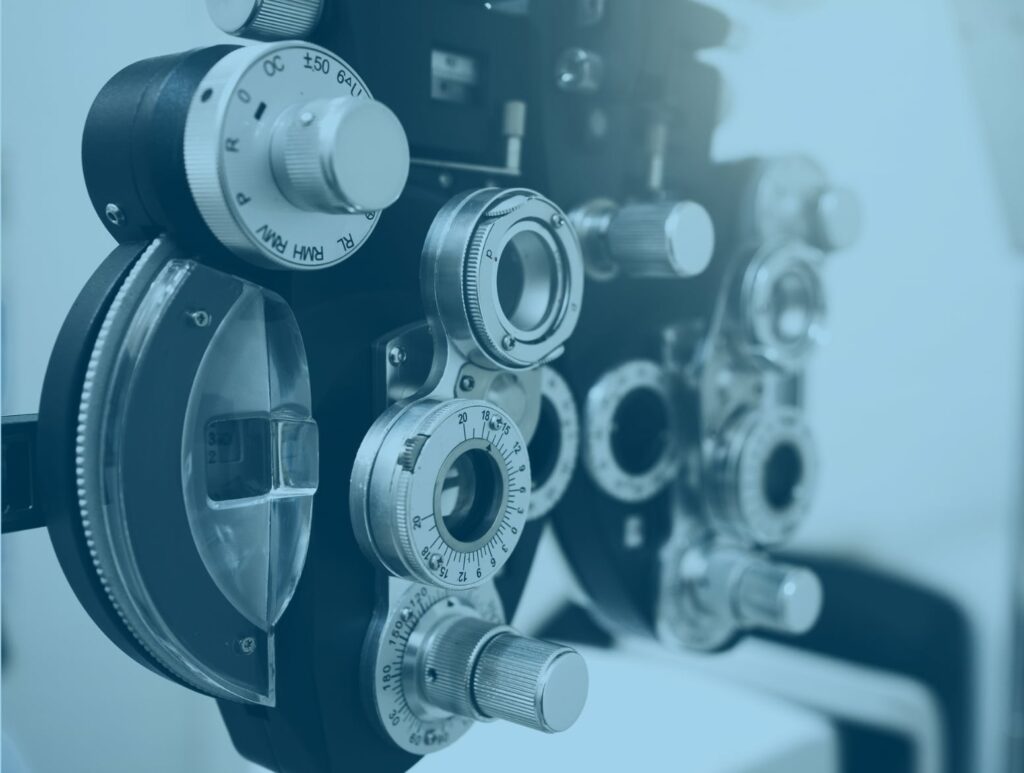All Categories
Featured
Table of Contents

Routine eye assessments are necessary for keeping excellent vision and spotting potential eye health concerns early. The frequency of these exams can differ significantly based on a person's age, way of life, and total wellness. Recognizing the recommended timetable for eye examinations can aid guarantee that people of any ages obtain appropriate care and tracking for their eye health.
Newborns and Toddlers (0-2 Years)
For infants and kids, eye tests are crucial for detecting any prospective vision issues beforehand. The American Academy of Ophthalmology suggests that a child's first eye test must happen at around 6 months of age. During this preliminary go to, the eye treatment specialist will analyze the kid's visual advancement and look for any kind of noticeable eye issues.Following this initial test, it is recommended that kids have one more eye exam at age three. This check out will concentrate on examining the youngster's general visual function, including eye placement and the ability to track items. If no problems are discovered, the next test should be arranged before the youngster begins institution, generally around age 5 or 6.
School-Aged Kids (6-18 Years)
When children get to school-age child, normal eye examinations need to be scheduled every one to 2 years. Vision is critical for learning and development, and lots of schools perform vision screenings. Nonetheless, these testings do not change a comprehensive eye test by an eye treatment specialist.For kids associated with sporting activities or tasks calling for substantial aesthetic emphasis, annual eye exams may be a good idea. Furthermore, if a kid shows signs of vision problems-- such as trouble reading, squinting, or constant migraines-- a see to the eye medical professional should be arranged as quickly as possible.
Young Adults (19-39 Years)
Young person normally have less vision changes than older age groups, yet routine eye examinations continue to be important. The general referral is to arrange an eye exam every 2 years throughout this period. Nonetheless, people with certain danger aspects-- such as a household background of eye disease, diabetic issues, or those who wear call lenses-- need to think about yearly eye exams.Additionally, those that invest significant time on digital tools may experience electronic eye stress. If signs and symptoms such as dry skin, fatigue, or blurred vision take place, it may be important to see an eye care specialist quicker.
Grownups (40-64 Years)
As individuals go into midlife, the chance of developing vision troubles increases. Grownups aged 40 to 64 must arrange eye tests each to 2 years. This age may begin to experience presbyopia, a natural age-related problem that makes it testing to concentrate on close objects. Eye tests can likewise assist find other usual age-related problems such as glaucoma, cataracts, and macular degeneration.If people in this age team have danger variables such as hypertension or diabetes, they may call for even more frequent exams to check their eye health and wellness very closely.
Senior Citizens (65 Years and Older)
For senior citizens, normal eye tests end up being much more critical. The American Optometric Organization suggests that people matured 65 and older have an eye exam at least annually. Older grownups are at a greater risk for different eye diseases, consisting of cataracts, glaucoma, and age-related macular degeneration. Early detection and treatment of these problems can prevent vision loss and improve the lifestyle.Verdict.
Recognizing the appropriate routine for eye exams based on age is crucial for keeping ideal eye health throughout life. From babies to senior citizens, routine eye assessments play a critical function in discovering concerns early and guaranteeing that vision remains sharp. By adhering to these guidelines and talking to an eye care specialist, people can take proactive actions toward maintaining their vision and total health. Whether it's a child's very first see or a senior's yearly examination, focusing on eye treatment is a financial investment in long-lasting health.Table of Contents
Latest Posts
Experience the Boogaloo: Eating, Drinks, & Sports at FunCity Hotel
Published Feb 03, 25
2 min read
The Boogaloo Sports Bar & Grill at FunCity Resort Resort: Where Enjoyable Fulfills Flavor
Published Jan 31, 25
2 min read
Experience the Boogaloo: Eating, Drinks, & Sports at FunCity Hotel
Published Jan 23, 25
2 min read
More
Latest Posts
Experience the Boogaloo: Eating, Drinks, & Sports at FunCity Hotel
Published Feb 03, 25
2 min read
The Boogaloo Sports Bar & Grill at FunCity Resort Resort: Where Enjoyable Fulfills Flavor
Published Jan 31, 25
2 min read
Experience the Boogaloo: Eating, Drinks, & Sports at FunCity Hotel
Published Jan 23, 25
2 min read